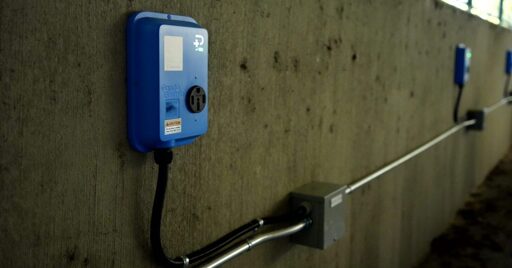Summary
Starting in 2026, California will require all new residential units with parking spaces to be EV charger-ready, significantly increasing access to electric vehicle charging.
Multi-family developments must equip at least one EV-ready spot per unit, while hotels, commercial lots, and parking renovations will also face new EV charging mandates.
Advocacy groups praise the policy, emphasizing its balanced approach to affordability and infrastructure needs.
The initiative aligns with California’s 2035 ban on new gas-powered car sales, aiming to address key barriers to EV adoption and support the state’s transition to electrification.



I’ve yet to find any actual data on typical residential area line capacity - I don’t know the right questions to ask. So when you say “it’s likely true” what evidence are you basing this on? Did your power company actually tell you that they didn’t have capacity for “the last few on the list”?
Google results have gone to dogshit, but If it wasn’t true, there wouldn’t be a reason for smart circuit breaker boxes.
That is pure conjecture. And I thought the main reasons for a smart panel were things like energy monitoring, solar integration and optimizing charging of EVs.